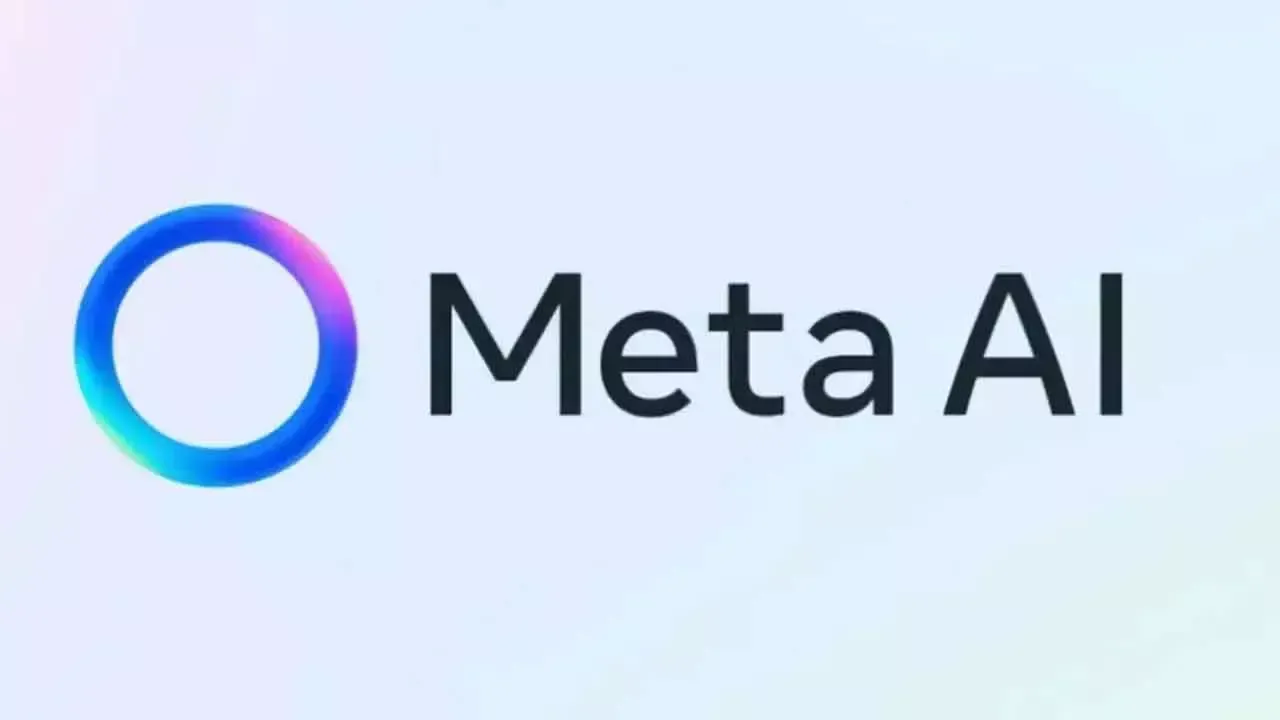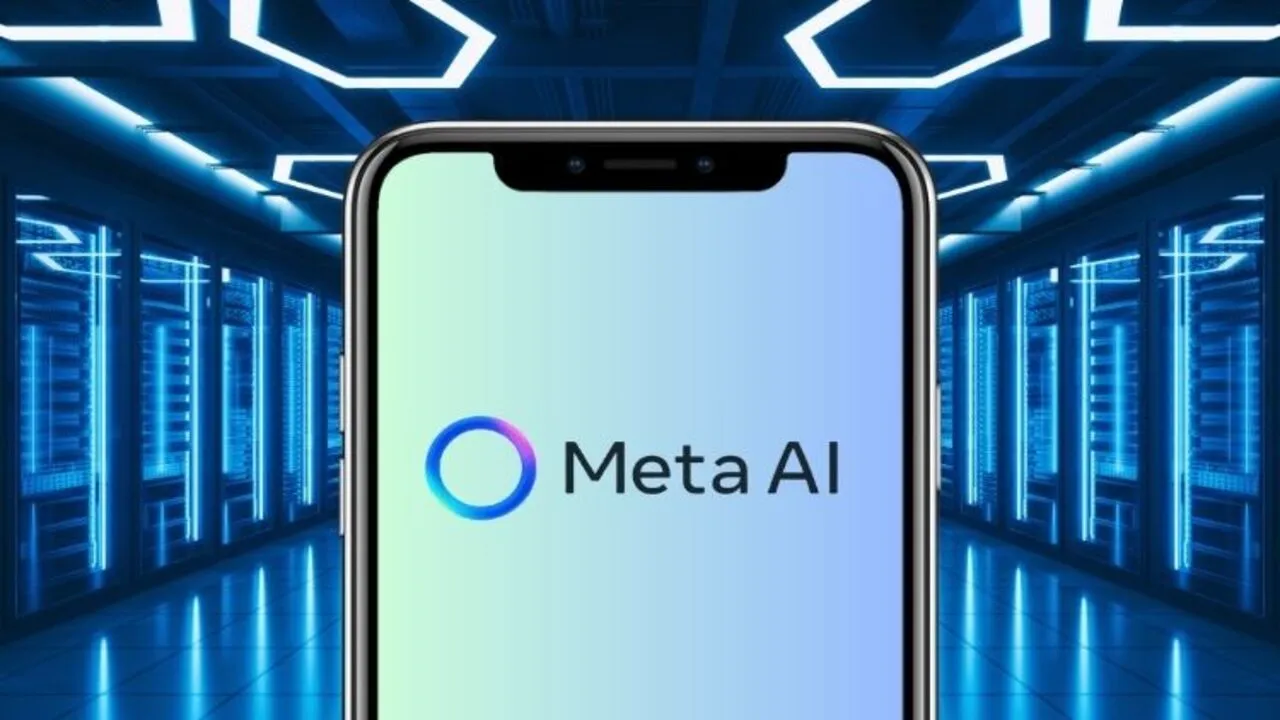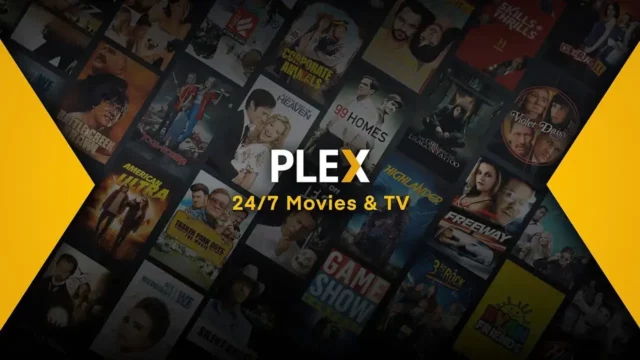Meta’s bold push into AI has triggered chaos inside the company. Within days of arriving, Shengjia Zhao, co-creator of ChatGPT, nearly walked out to rejoin OpenAI. Instead, he was quickly elevated to chief AI scientist, underscoring both his importance and the instability of Mark Zuckerberg’s most ambitious leadership overhaul in 20 years.
High-profile recruits shake Meta’s foundations

Zuckerberg has stacked Meta with new names like Zhao, Scale AI founder Alexandr Wang, and former GitHub boss Nat Friedman. These recruits were meant to lead Meta’s charge toward “personal superintelligence.” Instead, their arrival has disrupted long-standing hierarchies and sidelined loyal veterans such as Chief Product Officer Chris Cox.
Several big hires have already left. Ethan Knight quit weeks after joining, while Avi Verma, an ex-OpenAI researcher, never showed up for his first day. Researcher Rishabh Agarwal announced his departure in August, saying he wanted to “take on a different kind of risk.” Meanwhile, longtime staffers Chaya Nayak and Loredana Crisan left after nearly a decade each at the company.
Meta restructures AI into Superintelligence Lab
Zuckerberg has rebranded the company’s AI division as the Meta Superintelligence Lab (MSL). The group has already been reorganized four times in six months, reflecting both urgency and disarray.
At the center of it all is Wang, who now leads a secretive new division called TBD. This unit has shelved Meta’s troubled Llama Behemoth model and is instead working on next-generation systems with more computing power per researcher than any rival lab, according to Meta.
Culture clash and leadership struggles
Insiders describe friction between Zuckerberg and Wang. The CEO is said to be pushing for faster progress toward superintelligence, while Wang adjusts to Big Tech’s slower, more bureaucratic style. Some recruits are frustrated by Meta’s internal competition for computing resources, assets they were promised during hiring negotiations.
Zuckerberg’s hands-on style has sparked criticism of “micromanaging,” even as Meta defends the approach. “Some attrition is normal for any organisation of this size,” the company said, adding that Zhao had always been the lead scientist for its superintelligence program.
Insiders warn that unless Meta AI resolves these cultural tensions, its ambitious superintelligence goals could stall before they gain momentum.
The road ahead for Meta’s AI vision
Despite the rocky transition, some welcome the shift. Friedman’s appointment to head Applied Research is viewed as a win, while Zhao’s presence reassures engineers that Meta has world-class technical leadership.
Still, the turbulence has raised questions about whether Zuckerberg’s strategy can hold. With hiring now paused across most of MSL, the company says it will “plan 2026 growth thoughtfully.”
For Meta, the race to superintelligence is no longer just about building smarter AI it’s about proving its leadership experiment can survive the shake-up.














